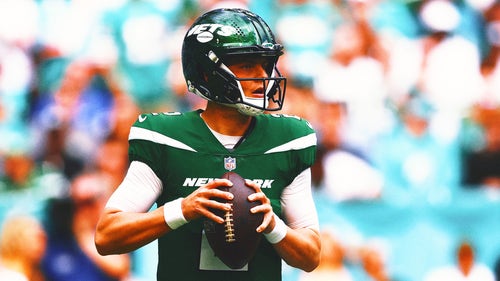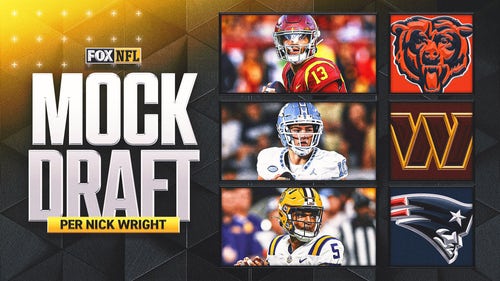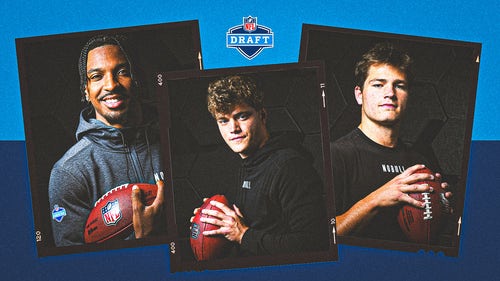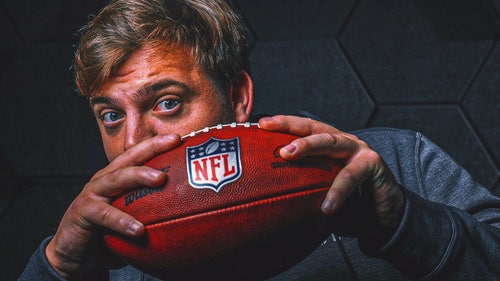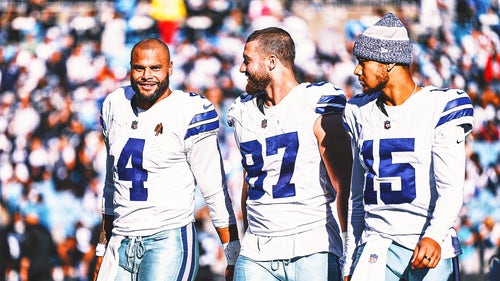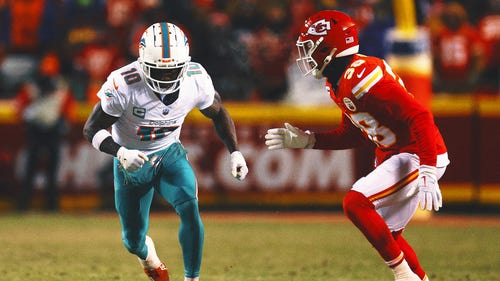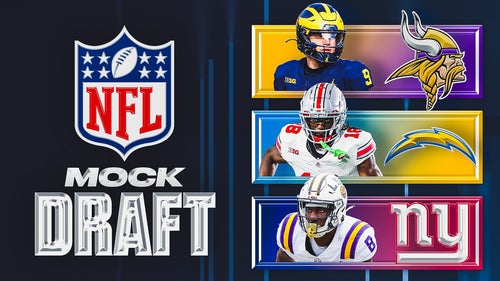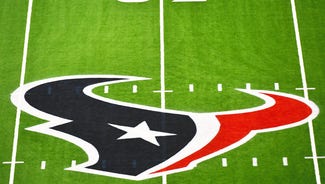
There's room for 'smart guys' in NFL

Jonathan Martin's troubles have nothing to do with him being a "Stanford guy."
I want to make that clear up front. I donât intend to come across as the morality police - and Lord knows I'm far from perfect - but it doesn't take a Stanford education to reach the conclusion that, if Martin's claims are true, the Miami Dolphins' troubles arose because Richie Incognito is a jerk.
I don't know Incognito, but if these accusations are based in reality, I have a hunch he's a solipsistic, egomaniacal, self-aggrandizing jerk who treats others poorly to make himself feel better because he has endogenous inferiorities. That's Incognito's problem - not Martin's.
The NFL culture is also a difficult one to define, one in which it can sometimes be challenging for highly intellectual players to assimilate.
I went to Stanford and couldnât be more thankful for the incredible experiences and life-long friendships that were made during my nine-year NFL career. However, that doesn't mean every player from an academic-intensive background, at Stanford or otherwise, has such a seamless experience.
One Stanford alum who also enjoyed a long NFL career told me, "There is a culture in the NFL that is hard to break into. If you donât fit into the mold, and the culture in the locker room, you won't last. You do get a lot of respect [being from Stanford] because of your perceived intelligence, but you have to overcome a stigma that you may not be tough enough. Sometimes, in a gladiator sport like football, intelligence can be perceived as being soft."
Do "Stanford guys" or "smart guys" fight an uphill battle when trying to prove their worth in this regard?
Truthfully, I don't think anyone ever feels universally accepted in an NFL locker room. It's a melting pot of people from different parts of the country, with differing cultural roots, moral compasses and socio-economic upbringings. The one thing all players must have in common is toughness, mental and physical, because the NFL likes to challenge its newcomers - all of them.
I called one of my former Stanford teammates, also a long-time NFL veteran, and he said it best: "Each guy, smart or not, must understand how to be a chameleon. You have to be able to adjust to fit into the culture of the NFL. That culture values toughness over intelligence."
Respect, in NFL locker rooms, is not immediately granted upon being signed. You have to earn it. I had to earn mine.
One evening early in my NFL career, I paid thousands of dollars for an extravagant meal and evening entertainment for the elders. I hated it, but I pretended to "like" hating it. When it was my turn to sing in front of the team, I decided to belt out Maxwell's "Woman's Worth," grin and bear it. I figured if they wanted me to make a fool of myself, I'd better deliver.
Some might call that being "bullied" - and maybe in some instances they are right - but I call it being tested, and I didn't have a problem with being tested in that nature. The problems occur when the testing goes beyond that, which in the case of Incognito and Martin, it seems to have gone far beyond the limits of what any reasonable person in the NFL would consider fair game in the culture of that profession.
Did Incognito see a "smart guy" in Martin and think he had an easy target? That could have been part of it, but I believe this is a cultural issue much more complex than that.
In my experience, being a "Stanford guy" was a great advantage. My teammates often turned to me for advice about life issues outside of football. Iâm convinced that they thought I was much smarter than I actually am. I believe it's part of the reason I was selected by my peers to be a team captain for both of the NFL teams for which I played. My fellow teammates also selected me to be their representative with the NFL Players Association.
Despite being a Stanford guy, I was accepted.
Of course, I felt like a pariah at times. There were certain locker room conversations that made me roll my eyes and shake my head, and there were certain players with whom I felt like I had nothing in common.
It wasn't because I went to Stanford, though. I remember vividly when my teammate, Troy Vincent, a former first-round draft pick and five-time Pro Bowler from the University of Wisconsin, said that he didn't have anything in common with any of the guys in the room.
Because of the variety of cultures and upbringings on a team, and the NFL's insistence on physically and mentally testing players before they're accepted into what is seen as a brotherhood, these differences exist to varying degrees in a locker room.
Again, the NFL can be a conflicting and difficult culture to figure out. You do need some toughness to survive it, which has nothing to do with where a guy went to school or if he's intellectual. You wouldn't question Andrew Luck's toughness because he went to Stanford. Just the sound of that is silly.
The problem here, as all of my former college and NFL teammates Iâve spoken with agree, is Incognito. If the allegations of his treatment of Martin are true, heâs disgraced the NFL brotherhood.
Said another NFL player who graduated from Stanford, "It's a rite of passage that everyone must go through. Everyone gets joked with, but this is obviously an instance that was taken too far. What happened in this case is completely out of line. It doesn't have anything to do with [Martin] being smart or going to Stanford. This has everything to do with Richard Incognito."






































































































































